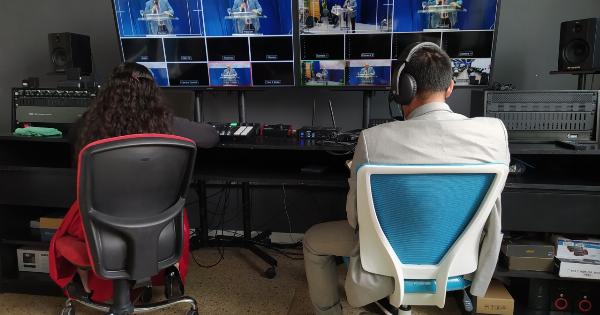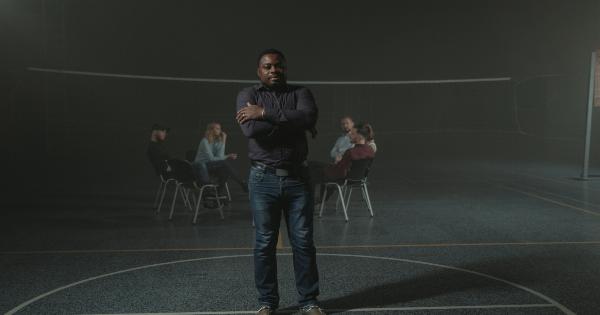Dealing with a narcissist can be challenging, especially when it comes to apologies. Narcissists are notorious for their unwillingness to apologize for their mistakes or acknowledge any wrongdoing.
For them, apologies are a sign of weakness, and admitting to being wrong means admitting to not being perfect.
What Is Narcissism?
Narcissism is a personality disorder characterized by a grandiose sense of self-importance, a need for admiration, and a lack of empathy for others.
Narcissists believe that they are the center of the universe, and they expect others to cater to their every need. They have a sense of entitlement, and they exploit others to serve their own self-interests.
Narcissists are also prone to emotional manipulation, and they will use any means necessary to get what they want. They are acutely aware of their own perceived flaws and vulnerabilities, which they will go to great lengths to hide from the world.
The Inability To Apologize
One of the most frustrating aspects of narcissism is the inability to apologize. Narcissists simply cannot admit to being wrong, even when there is strong evidence to the contrary.
For them, apologies are an admission of fault or guilt, which is not something they are willing to do. Narcissists believe that they are above reproach, and any kind of criticism or negative feedback is a direct attack on their sense of self-importance.
Another reason why narcissists are unable to apologize is that they lack empathy for others. Narcissists see the world through their own lens and are not capable of seeing things from another person’s perspective.
They are so focused on their own needs and desires that they cannot understand or relate to the feelings of others. As a result, they are unable to recognize when they have hurt or offended someone and, therefore, cannot apologize.
The Importance Of Apologies
Apologies are an important part of any relationship, whether it’s personal or professional. Apologies help to repair relationships, restore trust, and promote forgiveness.
A sincere apology can go a long way in diffusing a tense situation and can help to prevent further conflict.
Apologies are also an important aspect of personal growth and development. Acknowledging one’s mistakes and taking responsibility for them is a sign of maturity and emotional intelligence.
Apologizing can help individuals to learn from their mistakes and avoid repeating them in the future.
How To Deal With A Non-Apologizing Narcissist
If you are dealing with a narcissist who refuses to apologize, there are a few things you can do to protect yourself and maintain your own sense of self-worth.
1. Validate Your Feelings
It’s important to validate your own feelings and emotions in the situation. Even if the narcissist is unable or unwilling to apologize, you can still acknowledge your own experience and recognize the hurt or harm that has been caused.
2. Set Boundaries
Setting boundaries is essential when dealing with a narcissist. It’s important to establish what behavior is and is not acceptable and to communicate those boundaries clearly.
Stick to your boundaries, even if the narcissist tries to push back or manipulate you into changing them.
3. Seek Support
Dealing with a narcissist can be emotionally exhausting, so it’s important to seek support from friends, family, or a therapist.
Having someone to talk to can help you process your feelings and emotions and provide you with a safe space to vent your frustrations.
4. Accept The Reality
Finally, it’s important to accept the reality that the narcissist may never apologize or acknowledge their wrongdoings. Remember that the narcissist’s inability to apologize is not a reflection of your worth or value as a person.
Conclusion
Dealing with the mind of a narcissist can be challenging, especially when it comes to apologies. Narcissists are unable to apologize because of their lack of empathy, their belief in their own perfection, and their fear of admitting to fault or guilt.
While it can be frustrating, it’s important to validate your own feelings, set boundaries, seek support, and accept the reality that apologies may never come.




























